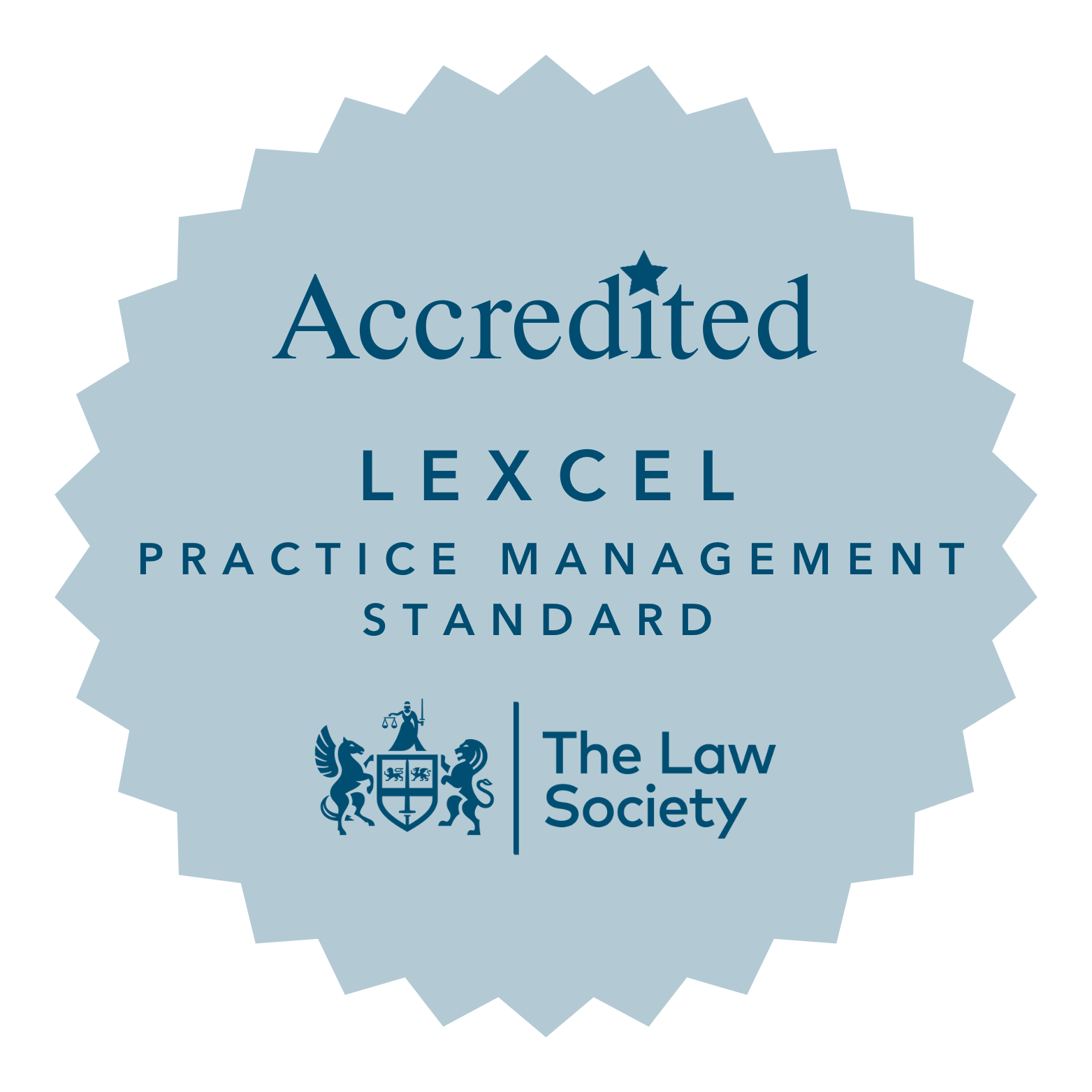Using Legal Estate Planning to Reduce Care Home Costs

The rising cost of care homes in the UK has prompted many people to seek ways to protect their assets. For families who want to preserve wealth for future generations, legal estate planning offers some potential solutions. However, this area is fraught with complexity, and poorly planned strategies can lead to unintended consequences, including challenges from local authorities. Understanding the law around estate planning to reduce care home fees is essential to making informed decisions.
The Financial Pressure of Care Home Costs
The average cost of a care home in England can exceed £35,000 per year, rising to over £50,000 annually for nursing care. For those requiring long-term residential care, these expenses can rapidly deplete personal savings and even force the sale of the family home.
Local authorities assess an individual’s financial means to determine whether they qualify for help with care costs. For most, this assessment is a source of frustration. Assets above £23,250 (in England) generally exclude you from financial assistance, meaning that even modest estates can be impacted.
This reality has led many people to consider legal strategies to shield their wealth. However, the rules surrounding deprivation of assets make this an area where careful planning and professional advice are crucial.
Deprivation of Assets and Legal Challenges
When assessing eligibility for financial support, local authorities scrutinise whether a person has deliberately reduced their assets to avoid care costs. This is known as “deprivation of assets.” If it is found that an individual has intentionally transferred or disposed of assets to qualify for funding, the local authority can treat those assets as still belonging to them.
There is no set time limit for how far back local authorities can look when considering deprivation of assets. This means even transfers made years before entering care could be scrutinised if deemed relevant.
Trusts as a Tool for Estate Planning
Trusts are often considered in estate planning to protect assets. While they can be effective, their use in reducing care home costs is complex.
How Trusts Work
A trust involves transferring ownership of assets to trustees, who hold and manage the assets on behalf of the beneficiaries. This arrangement can ensure assets are preserved for specific purposes, such as providing for children or grandchildren.
Types of Trusts Used in Estate Planning
- Discretionary Trusts: These allow trustees to decide how income or capital is distributed to beneficiaries.
- Interest in Possession Trusts: These provide income to one beneficiary (often the settlor’s spouse) while preserving the capital for others.
- Bare Trusts – The assets of the trust are held in the Trustee’s name. The Beneficiary has a right to the capital and income of the trust once they turn 18 years.
- Mixed Trusts – A combination of more than one type of trust.
Challenges and Costs
- Seven-Year Rule: For trusts to be effective in reducing care home costs, they must typically be created well in advance. The “seven-year rule” under inheritance tax (IHT) law applies here. If you transfer assets into a trust and die within seven years, the assets may still be subject to IHT.
- Anniversary Charges: Trusts can be subject to periodic charges, including a ten-year anniversary charge. This is up to 6% of the value of the trust’s assets above the nil-rate band (£325,000 as of 2024). These charges reduce the attractiveness of trusts for some people.
- Local Authority Challenges: Trusts are not immune to scrutiny. If a local authority believes a trust was set up to avoid care home costs, they may argue that the assets should still be included in financial assessments.
Gifting as an Estate Planning Strategy
Gifting is another common approach to reducing assets and potentially limiting liability for care costs. While this can be effective in some cases, there are strict rules to consider.
The Seven-Year Rule
Gifts made more than seven years before the donor’s death are generally excluded from IHT calculations. However, gifts made within seven years are subject to taper relief, reducing the tax liability over time.
Deprivation of Assets
As with trusts, gifts can be challenged by local authorities if they are deemed to have been made deliberately to avoid care costs. The timing and context of the gift are critical. For example, gifting a property to children just before entering care is more likely to raise red flags than a gift made years earlier as part of broader financial planning.
Combining Trusts and Gifting
Some estate planning strategies involve a combination of trusts and gifting. For instance, a parent might gift assets to a trust for their children, ensuring that the assets are protected but accessible for future needs.
However, this approach requires careful consideration of tax implications, trust administration costs, and the potential for local authority challenges. It is also essential to understand the impact of the Trust Registration Service (TRS), which requires most trusts to be registered with HMRC, adding a layer of compliance.
Practical Steps for Effective Estate Planning
To reduce care home costs without falling foul of the rules, consider the following:
- Plan Early: The earlier you begin planning, the better. Actions taken years before care is needed are less likely to be viewed as deprivation of assets.
- Seek Professional Advice: Estate planning is complex, and the stakes are high. A solicitor or financial adviser with expertise in this area can provide tailored advice.
- Maintain Records: Keep detailed records of any gifts or transfers to demonstrate that they were made for legitimate reasons, not to avoid care costs.
- Consider Insurance: Products such as long-term care insurance can provide financial support without the need for asset transfers.
- Regular Reviews: Estate plans should be reviewed regularly to ensure they remain effective and compliant with changing laws.
Conclusion
Using legal estate planning to reduce care home costs is a complex and often misunderstood process. While trusts and gifting can play a role, these strategies must be implemented carefully to avoid legal challenges and tax penalties. Planning early, seeking professional advice, and understanding the rules are essential to achieving your goals while remaining compliant.
For those concerned about care home costs, consulting a Private Client Solicitor is the first step in creating a robust estate plan that balances asset protection with fairness and compliance.
For immediate help and support, call our offices today at 02476 231000 or use the contact form.









